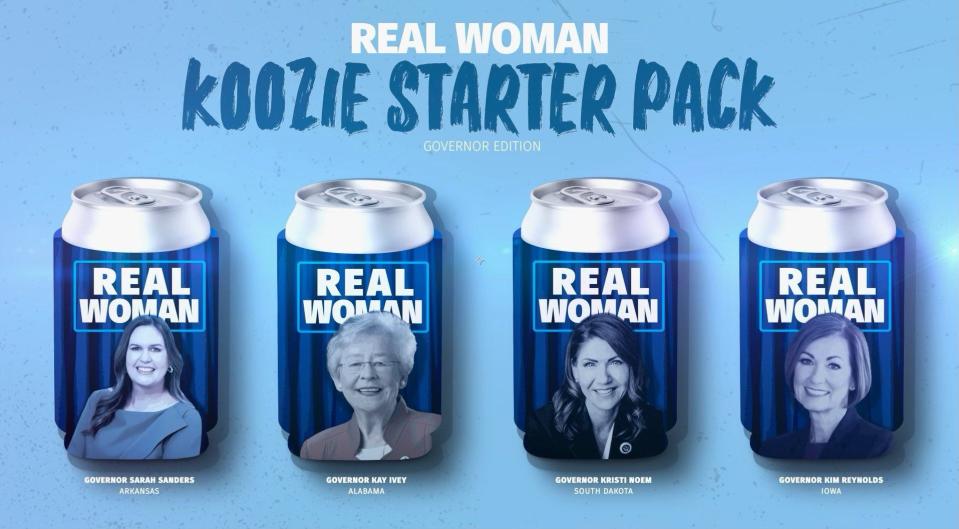Being 'woke' is a precondition for being a successful capitalist, companies must adapt
Merriam-Webster defines woke as “aware of and actively attentive to important societal facts and issues.”
As applied to business in a market-based economy, being “woke” is not some trendy new fad. Instead, it is a precondition of being a successful capitalist. The freedom and courage to adapt to changing market conditions is the essence of successful capitalism. And, as Milton Friedman warned, “Underlying most arguments against the free market is a lack of belief in freedom itself.”
For over three decades we each worked for companies that are now more diverse, more environmentally conscious, and more community oriented than when we left. Both companies have thrived for well over a century because they constantly adapt to changes in the marketplace. Today the values that drive their decisions are values that reflect our nation’s changing demographics and the new demands of our global economy and changing climate.

Some disparagingly call such adaptability “wokeness,” and seek its eradication. We call it good capitalism. Just as with teaching a nation’s history, part of business success is being able to acknowledge failures and shortcomings. For example, in our careers corporations often groused about complying with EEO (equal employment opportunity) dictates.
Today in seeking to hire the best people they have risen beyond the “EEO compliance” model to recruit and develop diverse talent that represents the markets in which they operate. They have also discovered how younger workers bring different values and motivations to the workplace. Recent surveys by the Conference Board and BIPAC show that younger employees expect their employer to engage on social issues relevant to the company’s success. An October 2022 Bloomberg article revealed how many younger employees had left Exxon because they saw a disconnect between their values and the company’s approach to issues like climate change.
Recruiting the best, most diverse workforce requires constantly adapting to new employee concerns. Many companies have found it helpful to establish affinity groups or networks (LGBTQ, African American, women engineers, etc.) often sponsored by a senior executive, to help provide representation, voice concerns, and facilitate mentoring and advancement.
Companies are also responding to customer ESG (environmental, social, and corporate governance) commitments which reflect broader consumer preferences. Unlike some of the “wokeness critics,” many companies believe in human-induced climate change and are taking measures to decarbonize their supply chains. The market demands it.

For example, most of the major global auto producers are committing to all electric fleets in the near term. Such bold commitments at the top of the supply chain create the expectation that suppliers cooperate in the endeavor. Decarbonization also serves to reduce enterprise risk, especially for companies engaged in resource extraction or energy intensive manufacturing, as well as the bankers and insurers that support them.
In short, business leaders are constantly challenged to examine their failures and successes. They do so by being attuned (“woke” if you must) to broader social, cultural, and environmental trends, an essential prerequisite to surviving in a fiercely competitive marketplace. In places where “woke goes to die,” so too does capitalism and the freedom it thrives on.
Peter Molinaro is the former vice president for North American government affairs for Dow Chemical. Jerry Prout is Visiting Professor of Political Science at Marquette University, author of Chasing Automation (Cornell Press) and former vice president government affairs for FMC.
This article originally appeared on Milwaukee Journal Sentinel: Companies must adapt to greener, more diverse marketplace, workforce

